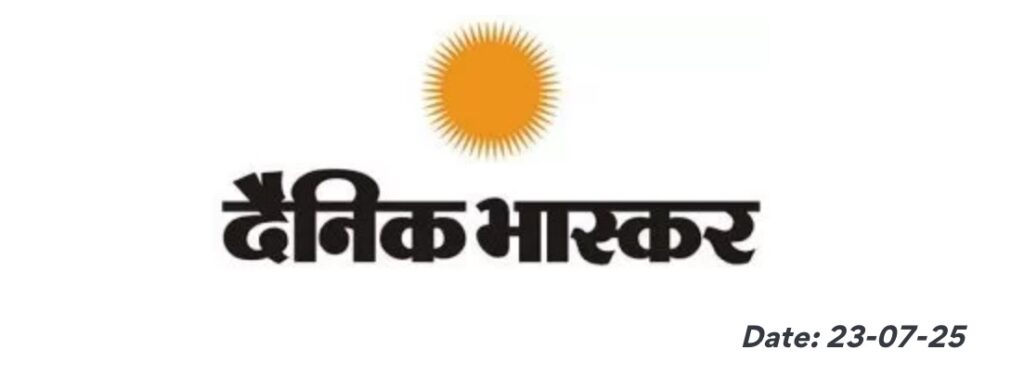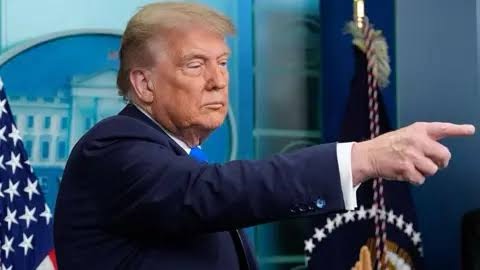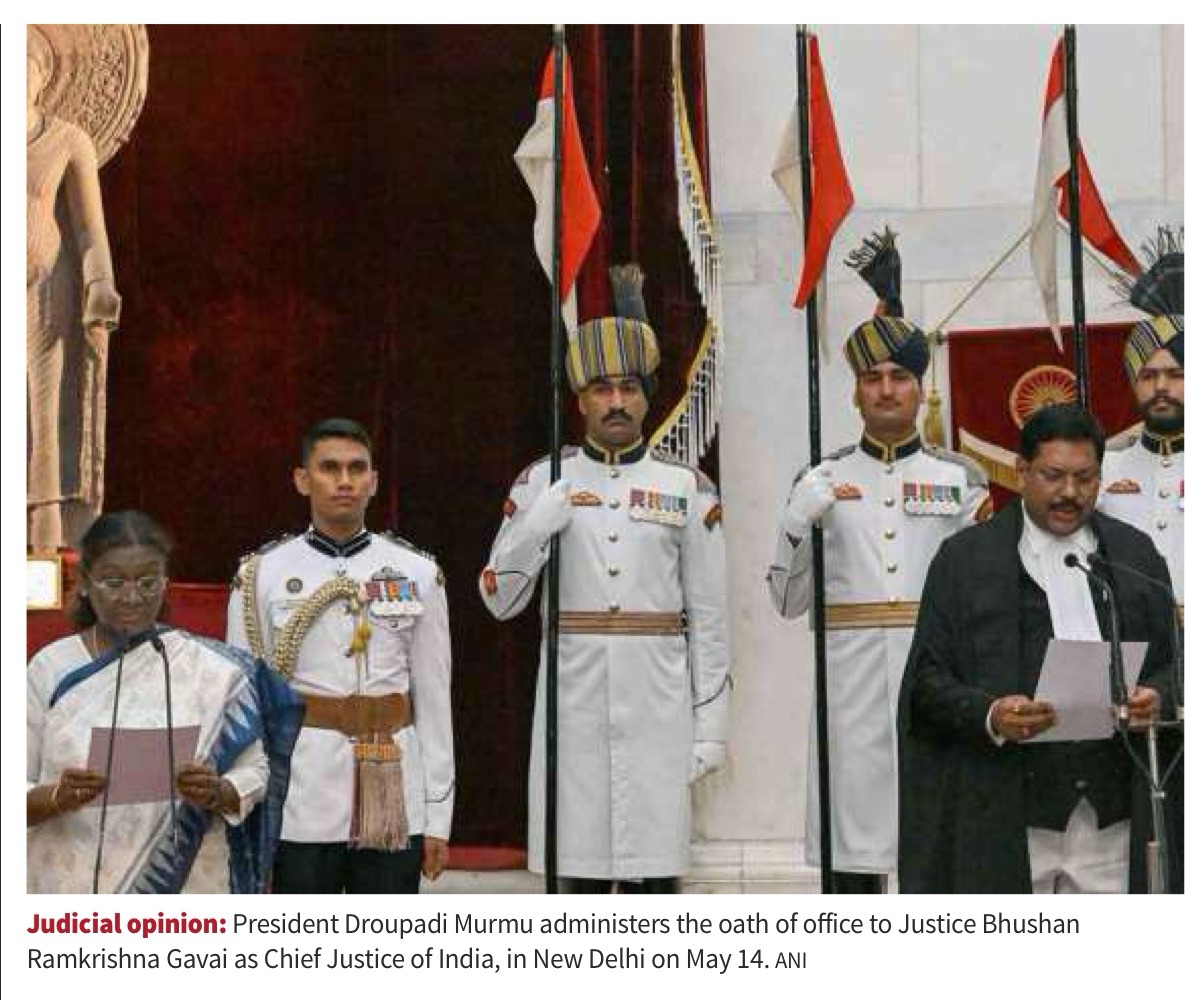
Donald Trump, by breaking the traditional rules of diplomacy, has introduced a new style of personal, unpredictable, and often contradictory statements—what the author refers to as “Trumplomacy”—into global politics. Countries like India have had to face complex situations due to his boastfulness, conflicting remarks, and the instability in U.S. foreign policy. Trump’s interference in India-Pakistan relations, his mention of Modi and Pakistani General Munir in the same breath, and his unnecessary commentary on India’s internal affairs have heightened diplomatic tensions. Instead of traditional back-channel diplomacy, Trump adopts a politics of public display and intimidation, which often leaves even allied nations uncomfortable. For example, making NATO leaders’ private letters public or imagining Gaza as a resort destination reflects the superficial and erratic nature of his political style. Yet, in some cases, Trump speaks uncomfortable truths—such as acknowledging the real control of Pakistan’s military, a fact India has highlighted for decades. Globally, nations are now formulating their strategies with Trump’s unpredictability in mind. In this new reality, countries must reassess their approach to relations with the U.S.—be it in the context of India-China tensions or the emerging possibility of a Russia-India-China trilateral dialogue. Trump’s diplomacy is less about policy and more about personal style and unpredictability, and the world is learning to adapt to this new way of engagement.
📝 UPSC Mains Style Questions
1. GS Paper 2 – International Relations
Q. “Trump’s foreign policy represents a break from conventional diplomacy and introduces a new era of unpredictability in global relations.” In light of recent events, critically examine the implications of such personalized diplomacy on India’s strategic interests.
2. GS Paper 2 – International Relations / India and its Neighborhood
Q. Repeated attempts by former U.S. President Donald Trump to equate India and Pakistan diplomatically have challenged India’s long-standing strategic posture. Analyze the impact of such external interventions on India’s foreign policy autonomy.
3. GS Paper 2 – Governance and Polity
Q. Personalized leadership styles in international diplomacy can blur the boundaries between state interests and individual agendas. Discuss the challenges such leadership poses to the institutional norms of foreign policy-making.
4. GS Paper 1 – World History / Contemporary Political Ideologies
Q. How does the phenomenon of “Trumpism” reflect a shift in global leadership models? Compare this approach with traditional models of liberal internationalism and multilateral diplomacy.
5. GS Paper 4 – Ethics in International Affairs
Q. Is it ethical for global leaders to use misinformation, intimidation, and inconsistent diplomacy as tools for strategic gain? Examine with reference to recent trends in U.S. foreign policy under Donald Trump.











